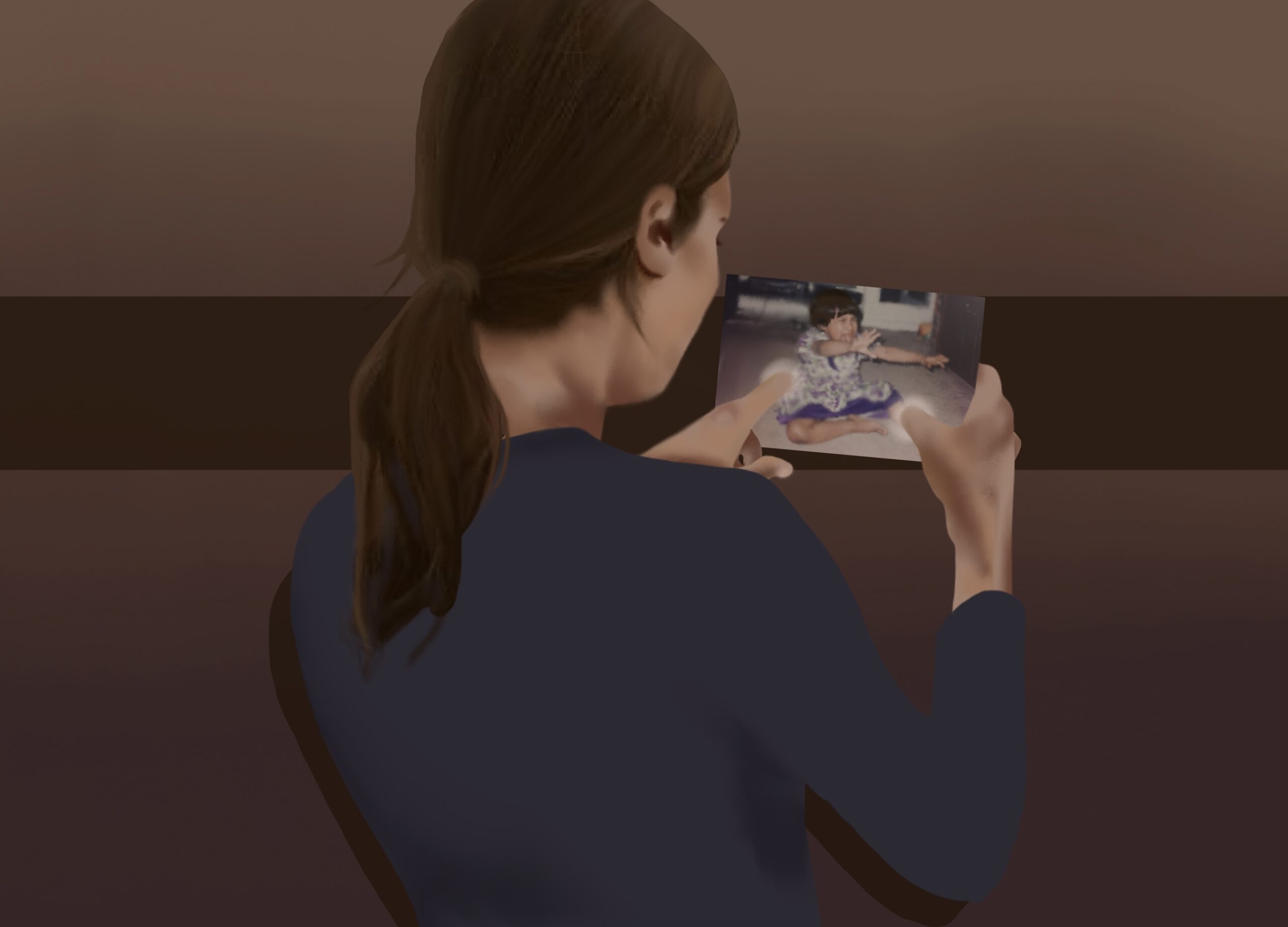We are eternal, all this pain is an illusion
Revisiting what inspired guttural fear in me as a child.
If reminiscence is movement into the hypothetical places of our past, I never imagined how much I would be moved by offhandedly revisiting a piece of media — Lateralus, the album by Tool — that scared me deeply as a child. Lateralus is an album which scared me for a myriad reasons, primarily its heavy themes of life beyond this body and awareness of the connectedness of all beings.
Lateralus is technical and otherworldly. It’s cryptic, full of strange time signatures and lyrics describing the narrator’s gut-wrenching awe at the simple stuff of our existences. I wanted to investigate exactly what it was that scared me as a child, why it scared me, and how I carry its enduring significance today.
What did I find?
I am lucky that my fear left an imprint, with outlines of curiosity. In Lateralus, I found lyricism that described truths that will stay with me for the rest of my life, not to mention what is arguably one of the best transitions between songs in all of rock history. I wondered what it was within this art that stayed with me? Was there something in the melody that made my memory of this music so embodied?
The repeating lyrics of the album’s third song is, “Be patient, I must keep reminding myself of this.” I look back to my childhood and adolescent days of pediatric clinics, rheumatologists, ER visits, IV drips with medications that did not work, and the poetry I’ve always written. I am terrible at waiting, I am impatient, and listening to Lateralus, I see the timelessness in my ever-deluded sense of time.
Though I am biased, I uphold that pain is something that can compromise our personhood and make us feel alone. On this very basis it transcends our personhoods and, in doing so, reminds us we are human beings. Suffering is a universal thing. In our habitual reactions to the deep threat of time and pain coupled, there is an underlying “I”, or a “We”, because you suffer sometimes, and you fear pain just as I do.
The title of another song on the album, “Parabol”, alludes to a parable: a story meant to teach a lesson. This song posits that life itself is this same kind of story, meant to teach a lesson. “Parabol” has the closing reminder that there is comfort to be found in this body and the mundane familiarities of life. Further, in choosing to be here, right now, we can understand the universal truths within our consciousness.
A parabola is the quadratic function with the iconic U shape, and the name of the next song in Lateralus, immediately following “Parabol”. Parabolas touch the Y axis — the line of infinity — at one point. We, as living beings then, are this metaphorical or literal intersection, the singular crossing with this line of infinity.
The coupled unit of the two tracks, “Parabol” and “Parabola”, communicate a kind of optimism that took time for me to gain. In “Parabola”, the narrator discusses how the features of this reality, of our bodies and minds, are fleeting and changing. What is suggested, rather than pessimism or mourning for a form not yet lost, is a kind of repetitive and grateful worship of our own improbable overlap with the infinite and the resulting coincidence that is our life.
As a child, I had widespread chronic pain that was difficult to explain and treat. As a result, I was relatively miserable and pessimistic. I did not understand why my body had to be one that suffered. I did not understand why other children were not in pain all the time. As an adult, I still am in pain, but as “Parabola” suggests, I have changed my thinking such that I understand this pain to be evidence of a gift I have been given. The pain, whether physical, spiritual, emotional, or psychological that we experience serves as a reminder for why we should be grateful. It is an opportunity to look the anomalousness of our existence in the face.
What can you find?
I have an invitation for you. Think back to when you were much smaller. What scared you then, and why? Are you still afraid?
When you reach inwards to grasp that fear, I want you to tell me about the colour of the vibrant string of self, which connects your past to your present.
If you are still afraid, I urge you to ask yourself what wisdom is with you, by virtue of your body’s memory? How have you thanked your body? If you have outgrown the fears of your childhood: Do you feel as if you have evolved in a sense?
There is something to be said about the sensory experiences that stay with us, and maybe even more to be said about those that are forgotten. I am reminded of my own timelessness by my ability to let go of the vivid senses that characterize fear, to reshape that into wonder, sadness, and transcendental gratitude. The things which affected our bodies back then affect our bodies now. How will you grow by letting them affect you again?

